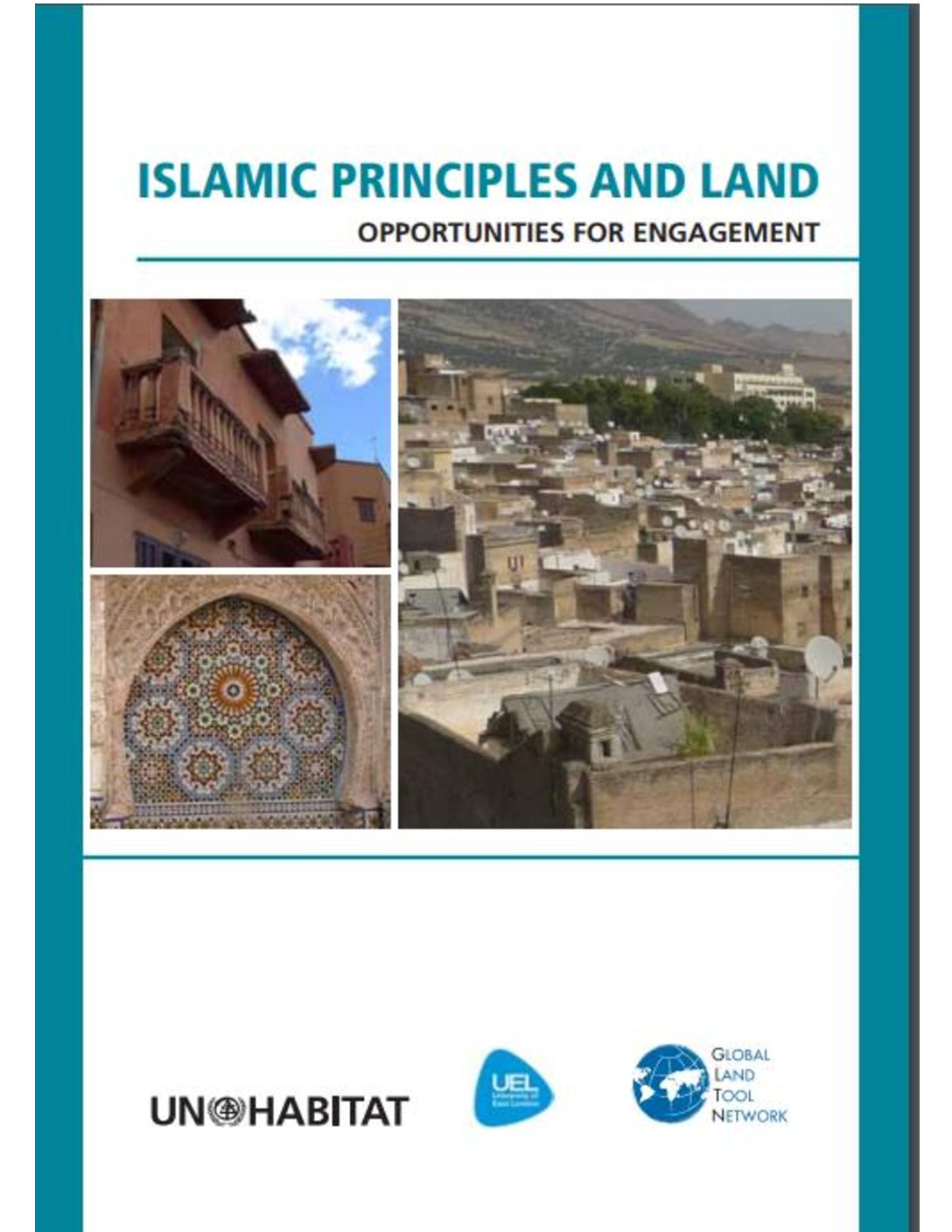Location
UN-Habitat is the United Nations programme working towards a better urban future.
Its mission is to promote socially and environmentally sustainable human settlements development and the achievement of adequate shelter for all. Cities are facing unprecedented demographic, environmental, economic, social and spatial challenges. There has been a phenomenal shift towards urbanization, with 6 out of every 10 people in the world expected to reside in urban areas by 2030. Over 90 per cent of this growth will take place in Africa, Asia, Latin America, and the Caribbean. In the absence of effective urban planning, the consequences of this rapid urbanization will be dramatic. In many places around the world, the effects can already be felt: lack of proper housing and growth of slums, inadequate and out-dated infrastructure – be it roads, public transport, water, sanitation, or electricity – escalating poverty and unemployment, safety and crime problems, pollution and health issues, as well as poorly managed natural or man-made disasters and other catastrophes due to the effects of climate change. Mindsets, policies, and approaches towards urbanization need to change in order for the growth of cities and urban areas to be turned into opportunities that will leave nobody behind. UN-Habitat, the United Nations programme for human settlements, is at the helm of that change, assuming a natural leadership and catalytic role in urban matters. Mandated by the UN General Assembly in 1978 to address the issues of urban growth, it is a knowledgeable institution on urban development processes, and understands the aspirations of cities and their residents. For close to forty years, UN-Habitat has been working in human settlements throughout the world, focusing on building a brighter future for villages, towns, and cities of all sizes. Because of these four decades of extensive experience, from the highest levels of policy to a range of specific technical issues, UN-Habitat has gained a unique and a universally acknowledged expertise in all things urban. This has placed UN-Habitat in the best position to provide answers and achievable solutions to the current challenges faced by our cities. UN-Habitat is capitalizing on its experience and position to work with partners in order to formulate the urban vision of tomorrow. It works to ensure that cities become inclusive and affordable drivers of economic growth and social development.
Members:
Resources
Displaying 31 - 35 of 224Framework for Costing and Financing Land Administration Services (CoFLAS)
The tool presented in this guide aims to assist policy-makers and land administrators to adopt appropriate technologies and methodologies for land administration services more efficiently, cost effectively and with options most appropriately tailored to national and sub-national contexts. It was developed after recognizing the need to modernize the budgetary approach to land agencies and to provide effective, cost-efficient, affordable and sustainable services, particularly in developing countries.
HOW TO DO A ROOT CAUSE ANALYSIS OF LAND AND CONFLICT FOR PEACE BUILDING
The Global Land Tool Network (GLTN) is an alliance of international partners contributing to poverty alleviation and the Sustainable Development Goals through land reform, improved land management and security of tenure, through the development and implementation of inclusive and gender-responsive land tools.
SDG 11 Synthesis Report
The Sustainable Development Goals(SDGs) are a universal call to action to end poverty, protect the planet and ensure that all people enjoy peace and prosperity. Goal11, one of the 17 SDGs, is about all of these dimensions, with a specific focus on urban areas and settings. This synthesis report is the first publication showing the progress, challenges and opportunities of global monitoring of this Sustainable Development Goal.
Islamic principles and land Opportunities for Engagement
This booklet arises from GLTN’s work on Islamic dimensions of land which began in 2004 with the commissioning of research leading to Sait and Lim’s “Land, Law and Islam: Property and Human Rights in the Muslim World” (London: Zed Press/UN-Habitat, 2006). Based on this research a training course on “Islamic Land, Principles and Housing Rights in the Muslim World” has been produced in 2010. This booklet was translated into Arabic language in 2014
Valuation of Unregistered Lands: A Policy Guide
This guide aims to support the process of valuation of unregistered land and property for the public and private agencies that undertake this exercise. It will be relevant for policy makers, local authorities, international finance institutions, investors, property developers, banks, civil society organisations, citizens, land owners, local communities and women’s groups.




